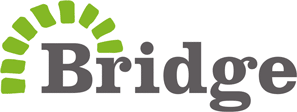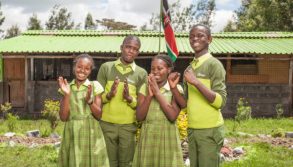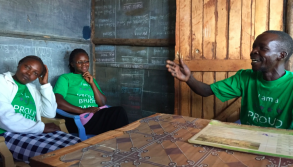Innovative education partnerships will provide the foundation for Nigeria’s future prosperity
4 April 2018
The importance of education as a powerful tool for personal development and national prosperity cannot be overemphasised. This view is shared by the Co-Chair of the Bill and Melinda Gates Foundation, Bill Gates, who recently visited Nigeria for a special session of the National Economic Council. Here, he warned that unless the government invested in education, “it is very important to recognise that there will be a sharp limit on how much the country can grow.” Gates warned about prioritising infrastructure development over human capital investment (education and health) and called on the government to clean up its act in order to attract the necessary private-sector investment.
Whilst the recent announcement by Nigerian Minister of Education Mallam Adamu Adamu of a fall in the number of Nigerian children who are out-of-school is welcome, the situation is still critical – with an estimated 8.6 million children still not able to realise their potential through education. According to UNICEF Nigeria the burden on education caused by rapid population growth is still “overwhelming.“
The Minister was quick to credit the fall in the number of out-of-school children to his own governments enrolment drive and feeding programme. This increased enrolment, says Unicef Nigeria has pushed net attendance to just approx. 70% and bigger classes — 100 or more children to a teacher in some classes — have led to thinly spread resources, pressure on teaching staff and poor learning outcomes.
The government is to be praised for its efforts but recognition must also be given to development partners like DEEPEN, civil society groups, private operators and corporates like the Nigerian Stock Exchange who are also helping deliver access to education.
Access to education is spread unevenly across geography and gender in Nigeria, with 60% in northern Nigeria being out-of-school — and 60% of these being girls. Some States in the north have responded with laws requiring girls education and prohibiting their withdrawal from schools; this has led to increased enrolment of girls but notably not in the poorest of households.
In north-east Nigeria conflict has deprived many children of an education with teachers killed and schools burned down or closed for security reasons. Militant groups like Boko Haram — whose name translate as “Western education is a sin” — are amongst the most active, making headlines for their deplorable kidnapping of young girls.
In Borno State, north-east Nigeria the National Emergency Management Agency (NEMA) estimates about 600 teachers have been murdered; 19,000 teachers displaced, and; 1,200 schools damaged or destroyed. This has resulted in 600,000 children losing access to learning since 2013 — an increase in those out-of-school. In the regions IDP camps, 75% of the children do not have access to education.
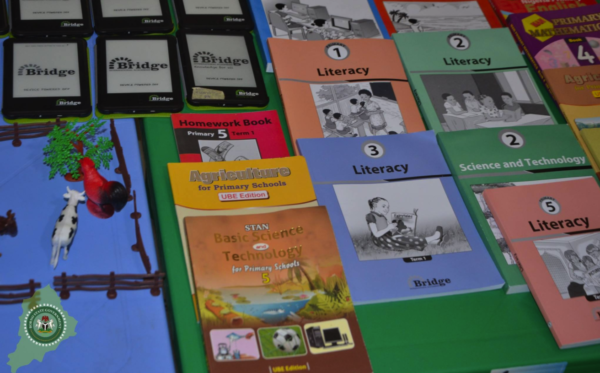
It is against this backdrop that the Nigerian Stock Exchange collaborated with one of the world’s leading education service providers — Bridge International Academies (Bridge) and the Borno State government to pilot a new school model. Delivering quality education against a backdrop like Borno’s is no small challenge particularly when girls as well as boys make up the classroom, yet it is imperative that it happens. All partners believe that an educated population in Borno will reduce conflict and help build peace and prosperity but getting there will be tough which is why innovation is needed.
It is expected that this partnership school, and others like it, will support Borno State to educate its youth and mould the next generation of local leaders, who will in turn choose a path other than violence. Bridge is a proud partner in this endeavour, using its experience in communities such as Garissa in north-eastern Kenya to help shape the model. The partnership sees the effective deployment of technology to enable well-trained and supported teachers; effective tracking and monitoring of attendance and performance and the delivery of high quality lessons to one of the most challenging places in Nigeria. It is hoped that the social enterprise’s track record of proven learning gains in Liberia, Kenya and Uganda will be equally deliverable in Borno.
At a global level the World Bank is supporting Nigeria’s federal government with $611 million to help the country’s many children get back to school. Solomon Adebayo, the World Bank’s education specialist, said that 90% of the $611 million would go to three million Nigerian children who cannot afford to attend school. This funding is mainly aimed at supporting Nigeria’s northern States for the next five years.
Providing education to Nigeria’s children should continue to be an initiative for many corporates, and vested stakeholders in Nigeria — particularly when it is in partnership with government — providing funding, knowledge and effective and scalable solutions. This is how human capital development can be accelerated in Nigeria, simultaneously driving up enrolment and the quality of education to the point where it no longer places limits on economic growth but provides for the very foundation of Nigeria’s future prosperity.
Read more about our work in areas of conflict.

